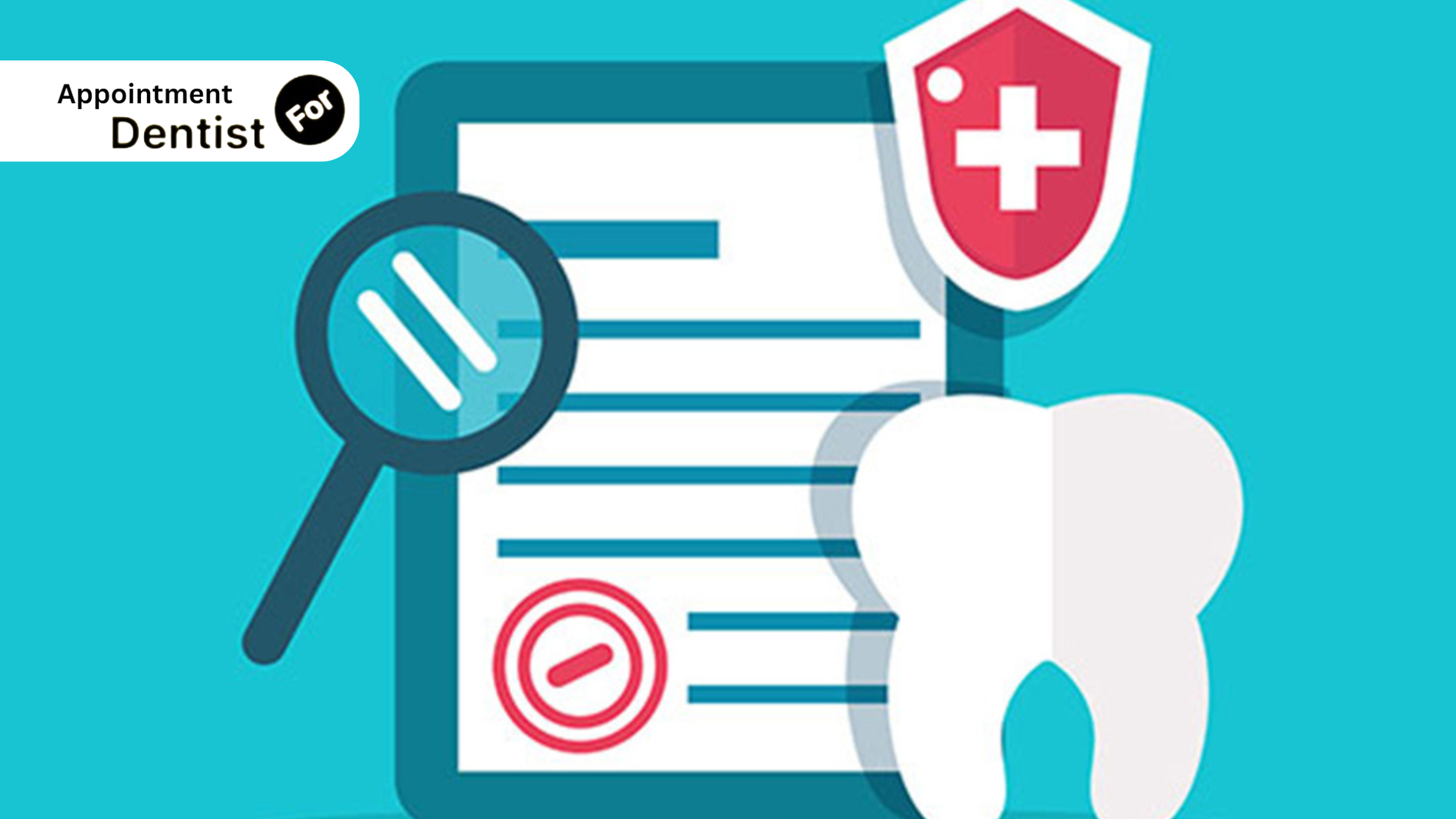Things You Should Know About Dental Insurance
Posted on July 13, 2024 by Admin

Dental insurance is a crucial aspect of overall healthcare coverage, yet it's often misunderstood or overlooked compared to medical insurance. Understanding the specifics of dental insurance can help individuals and families make informed decisions about their oral health and financial planning. Here are some key points to consider when navigating the world of dental insurance
Types of Dental Insurance Plans
Dental insurance plans generally fall into two main categories: indemnity plans (or fee-for-service) and managed care plans.
Indemnity Plans: These plans allow you to choose your dentist and pay for services upfront, after which you submit a claim for reimbursement.
Managed Care Plans: These include Preferred Provider Organizations (PPOs) and Health Maintenance Organizations (HMOs). PPOs provide a network of dentists who agree to discounted rates, while HMOs assign you to a primary dentist who coordinates all care within a network.

Coverage Details
Dental insurance typically covers a range of preventive, basic, and major services, often with varying levels of copayments, deductibles, and annual maximums. Understanding these terms can help you estimate out-of-pocket costs and plan for expenses.
Preventive Services: Routine check-ups, cleanings, and X-rays are usually covered at high percentages (often 80-100%) and are designed to prevent larger dental problems.
Basic Services: Fillings, extractions, and emergency treatments are often covered at a lower percentage (usually 70-80%).
Major Services: Crowns, root canals, and dentures are considered major services and are typically covered at a lower percentage (often 50%).
Must Read: Things You Should Know About Dental Insurance
Waiting Periods and Exclusions
Many dental plans have waiting periods before certain services are covered, particularly for basic and major procedures. It’s important to review these waiting periods and any exclusions to understand when coverage will begin for specific treatments.
Annual Maximums and Deductibles
Dental plans often have annual maximums, which cap the amount the insurance will pay for covered services in a given year. Deductibles may also apply, requiring you to pay a certain amount out-of-pocket before the insurance coverage begins.
In-Network vs. Out-of-Network Dentists
Using an in-network dentist can lower your out-of-pocket costs because these dentists have agreed to contracted rates with the insurance company. Out-of-network dentists may result in higher costs or limited coverage, depending on your plan.
Orthodontic Coverage
Orthodontic treatments, such as braces, are usually considered major services and may have separate coverage limitations, waiting periods, or higher out-of-pocket costs.
Also Read: 7 Mistakes to Avoid When Choosing a Dental Plan
Cost Considerations
While dental insurance helps offset costs, it’s essential to compare premiums, deductibles, copayments, and coverage limits across different plans. Sometimes, paying a higher premium can result in lower out-of-pocket costs overall, especially if you anticipate needing extensive dental work.
Alternative Financing Options
For services not covered by insurance or when coverage limits are reached, consider alternative financing options such as dental savings plans, health savings accounts (HSAs), or flexible spending accounts (FSAs) if available.
Understanding Exclusions and Limitations
Some plans exclude certain procedures or have limitations on frequency or timing of treatments.
Must read about: How to find a primary care physician
Regular Review and Updates
As your dental needs change, review your insurance coverage annually during open enrollment periods or life changes such as marriage, new employment, or retirement to ensure your plan meets your current needs.
Navigating dental insurance can be complex, but understanding the basics can empower you to make informed decisions about your oral health care. By knowing the types of plans available, coverage details, and potential costs, you can choose a plan that best suits your needs and budget. Regular dental care is essential for overall health, and dental insurance can play a vital role in making it accessible and affordable.
Taking the time to educate yourself about dental insurance today can lead to healthier smiles and financial peace of mind tomorrow.
Faqs
-
1. What does dental insurance typically cover?
Dental insurance often covers preventive care (like cleanings and exams), basic services (such as fillings and extractions), and major services (like crowns and root canals), though coverage percentages vary.
-
2. Do I have to visit a specific dentist with dental insurance?
It depends on the type of plan. Managed care plans like HMOs require you to choose a primary dentist within their network, while PPO plans allow you to see both in-network and out-of-network dentists.
-
3. Are there waiting periods for dental insurance coverage?
Yes, some plans have waiting periods before coverage kicks in for certain procedures, especially for basic and major services. Preventive care usually has little to no waiting period.
-
4. What are annual maximums in dental insurance?
Annual maximums are the maximum amount your insurance will pay for covered services within a calendar year. Once you reach this limit, you're responsible for all additional costs.
-
5. Should I consider dental insurance if I have good oral health?
Yes, preventive care covered by dental insurance can help maintain your oral health and catch potential issues early. It can also provide financial protection in case of unexpected dental emergencies or major procedures.
Recent Post
- The Importance of Oral Health Education for Children
- How to Choose the Right Orthodontic Treatment for Adults
- The Link Between Oral Health and Stroke Risk
- How to Address and Prevent Gum Recession
- Innovations in Dental Anesthesia: Pain-Free Procedures
- The Role of Saliva in Oral Health: Functions and Disorders
- Exploring Holistic Dentistry: What You Need to Know
- How Oral Health Affects Your Immune System
- The Benefits of Using Dental Probiotics
- Oral Health and Pregnancy: Myths and Facts